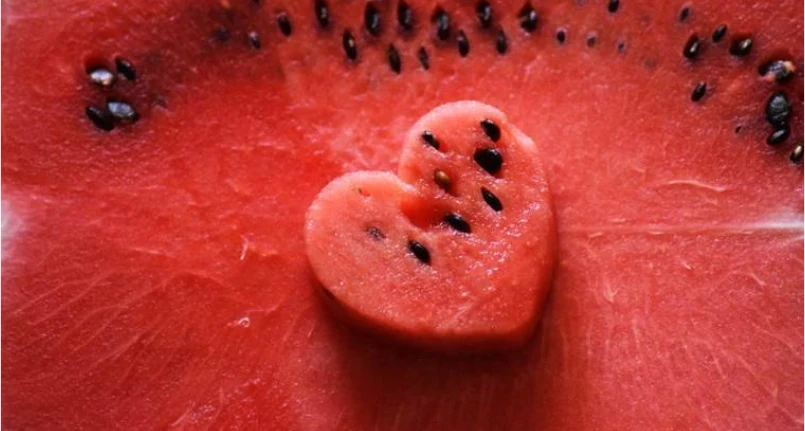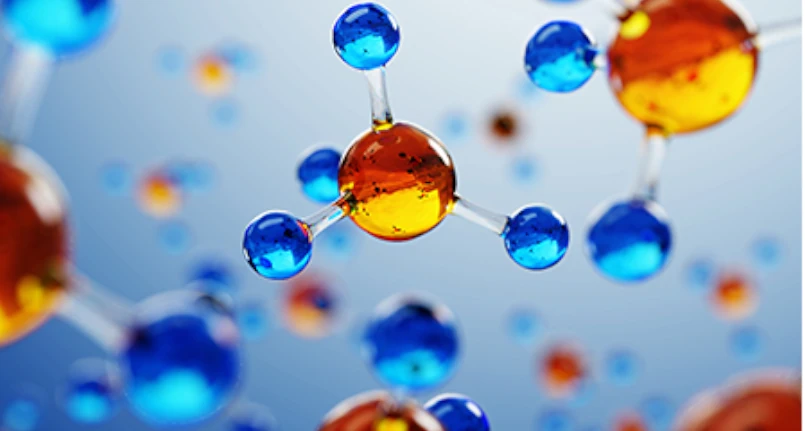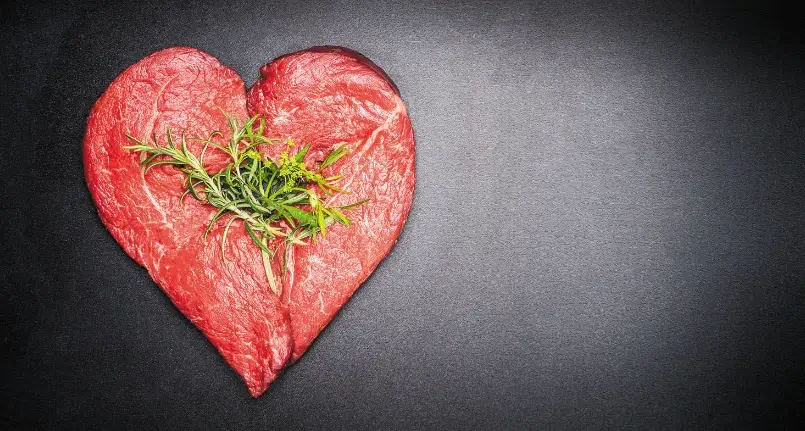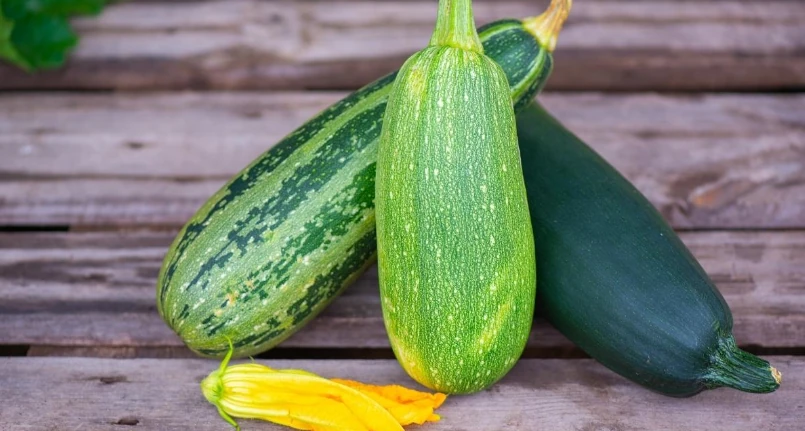Introduction
The consumption of watermelon – or watermelon – during the summer season contributes to greater hydration and supply of mineral salts . It’s not just the pulp of the fruit that’s beneficial. What is often discarded, i.e. its seeds, small, hard and brownish in color, is actually beneficial to health. When asked if watermelon seeds can be eaten, the answer is yes. With some precautions, and after having dried them. As taught by the Asian populations, who traditionally also consume the seeds of the watermelon, these normally discarded parts are dried , then the seeds are crumbled in soups or are infused to obtain herbal teas. Perhaps not everyone knows that watermelon seeds are rich in properties and nutrients , such as mineral salts (including iron , copper , manganese , selenium and magnesium ), proteins , B vitamins and unsaturated fatty acids (particularly omega -6 ). Among the benefits, we find: the lowering of “bad” cholesterol in favor of the “good” one, and the better assimilation of glucose deriving from the consumption of watermelon.
Watermelon seeds: properties and benefits
Watermelon seeds are rich in fiber , antioxidants and protein (one pound of seeds has about 35 grams of protein, the same amount of beef has “only” 21 grams). Precisely because of this considerable protein intake, watermelon seeds are able to counteract the glycemic index , which is very sugary. They contain polyunsaturated fats , vitamins , especially of group B and C, and are rich in mineral salts such as iron, zinc , magnesium.
The consumption of watermelon seeds is beneficial in case of various ailments:
- high cholesterol : lowers bad cholesterol levels in favor of the good one
- control of glycemic peaks
- asthma attacks
- allergies
- cardiovascular disorders
- strengthen the immune system
- benefits for liver function
- constipation (small amounts would have a laxative effect )
- gastrointestinal disorders
- reduction of tiredness and fatigue
- protection of cells from oxidative stress
- antioxidant action
- draining effect
Nutritional values of watermelon seeds per 100 grams of product :
- Energy : 2501 KJ (604 Kcal ),
- Fat: 48.32 g (of which saturated fatty acids : 8.09 g),
- Carbohydrates: 11.66 g (of which sugars : 1.83 g)
- Fibers : 3.78g,
- Proteins: 35g,
- Salt 0.01 g
How to use them in the kitchen
Watermelon seeds can be used in the kitchen in the preparation of various dishes, as an extremely healthy addition. The most common use is in salads , first toasting them in the oven (they are set aside and left to dry thoroughly, once washed and free from any watermelon pulp residues, they are transferred onto a pan lined with parchment paper with a pinch of salt and a drizzle of extra virgin olive oil are toasted for 15 minutes at 180°C). The flavor , in this case, will be very reminiscent of toasted sunflower seeds . Also excellent as an addition to muesli for breakfast , to be eaten with milk or yoghurt. It is also possible to add them, dried, in a grinder with garlic , chilli pepper , salt, for a spicy and very aromatic mix .
It is also possible to prepare an herbal tea with watermelon seeds , with a draining and diuretic action : it will be sufficient to infuse two tablespoons of watermelon seeds in a liter of boiling water. Leave two tablespoons of watermelon seeds to infuse in a saucepan with two liters of boiling water. It is left to rest for 15 minutes and then filtered, and can be drunk hot or cold .
Watermelon seeds are also perfect for preparing homemade protein energy bars . Add to rolled oats , pumpkin seeds , sunflower seeds, walnuts , almonds , sesame seeds , sultanas , cranberries or dried currants .




